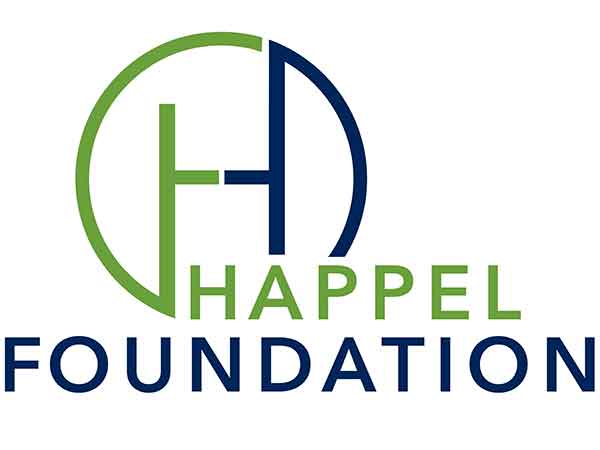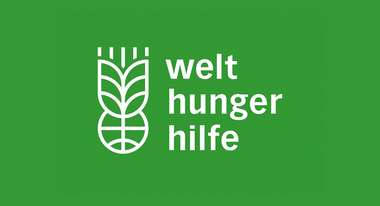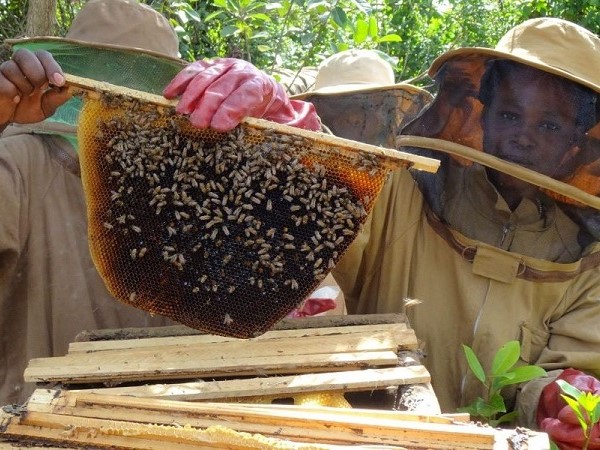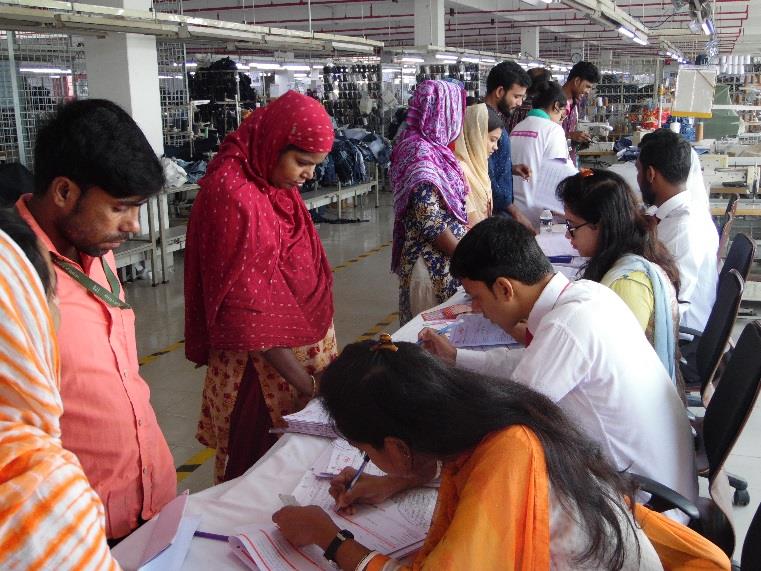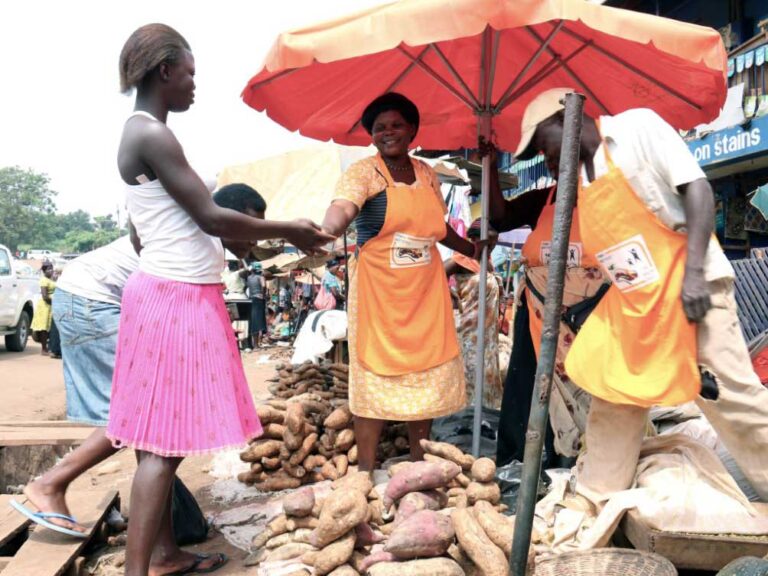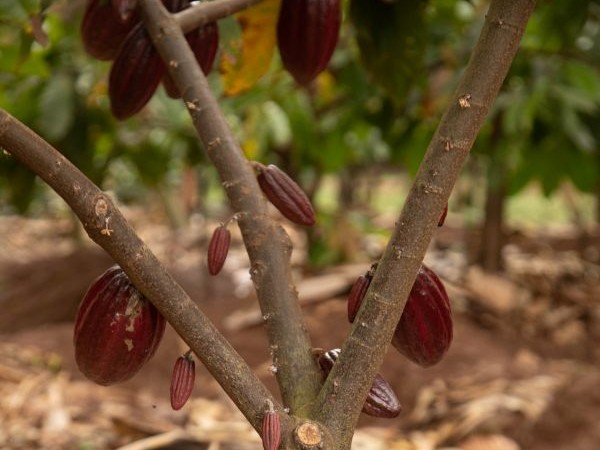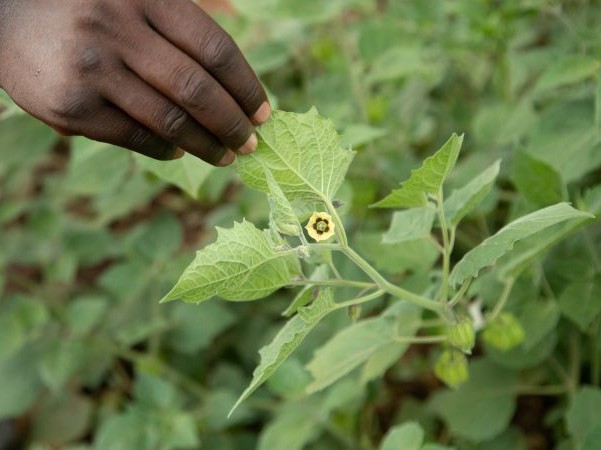Supporting smallscale farmers in Nepal through cooperatives
Agriculture in Nepal is currently changing from traditional to market-oriented agriculture. This change is particularly difficult for smallscale farmers in remote areas. Until now, they have been growing crops in a family-oriented way. This is often not even enough for themselves. So young people often migrate. But it is especially them who show an interest in reorienting agriculture and increasing productivity by shifting to market-oriented agriculture. However, they lack the expertise and the necessary networks for this. Nor can small farmers access an existing infrastructure to sell their produce. The necessary value chains for vegetables, fruit and livestock must first be established.
This is where Deutsche Welthungerhilfe comes in with its SAVC (Strengthening Agricultural Value Chains) project. It aims to support smallscale farmers in particular through the targeted development of agricultural cooperatives. The smallholders receive technical support in production and help in the marketing of their products. The initiators network public and private actors, provide support in developing business plans and train the cooperatives in management. So-called one-stop stores are set up, run by the cooperatives, which offer farmers inputs and services such as seeds, fertilizer and agricultural tools.
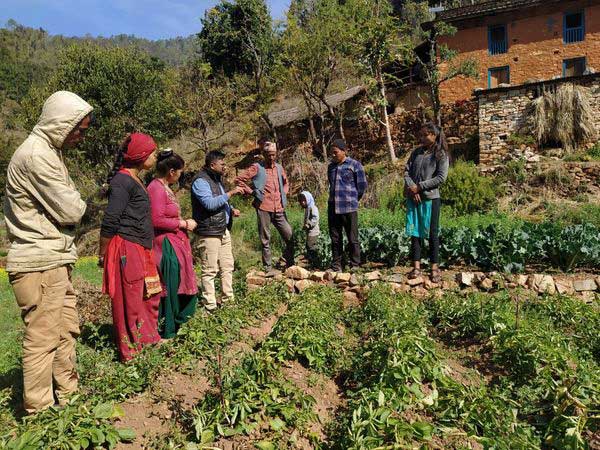
Involving households at risk of poverty
The project involves at least 1,500 households in the respective region in Nepal that are particularly vulnerable to poverty – for example, because they are led by women, marginalized groups or even returnees who have lost their wage jobs due to the COVID-19 situation.
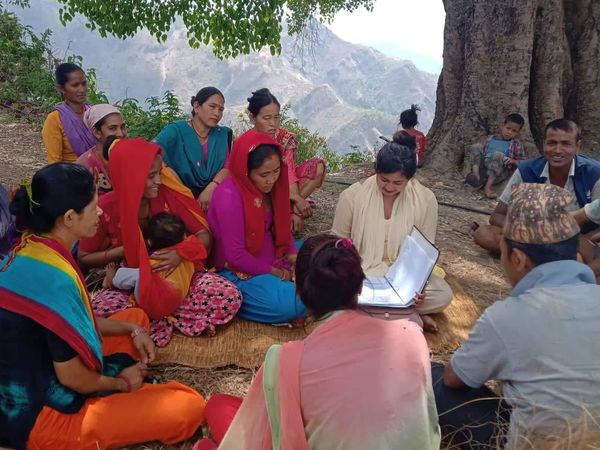
Learn market-oriented agriculture
The small farmers involved receive the basic economic and technical knowledge of market-oriented agriculture. For example, they learn how to draw up business plans. So they can increase their productivity and income and participate successfully in the cooperative in the long term.
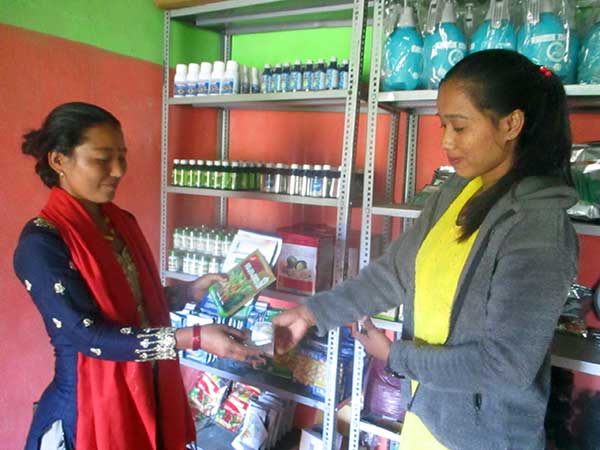
Manage cooperatives themselves
The aim is to develop a physical infrastructure for the value chains in the long term. Thanks to the cooperatives, producers, service providers and buyers are linked with each other. Management and leadership skills are therefore needed there to ensure independence and success in the long term.
⇒ With its SAVC project, Welthungerhilfe is helping smallscale farmers in remote areas of Nepal to shift to market-oriented agriculture. The establishment of value chains thanks to cooperatives is intended to permanently increase productivity and secure income. ⇐

